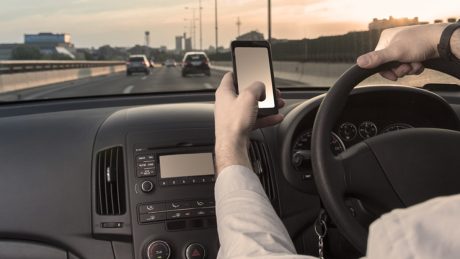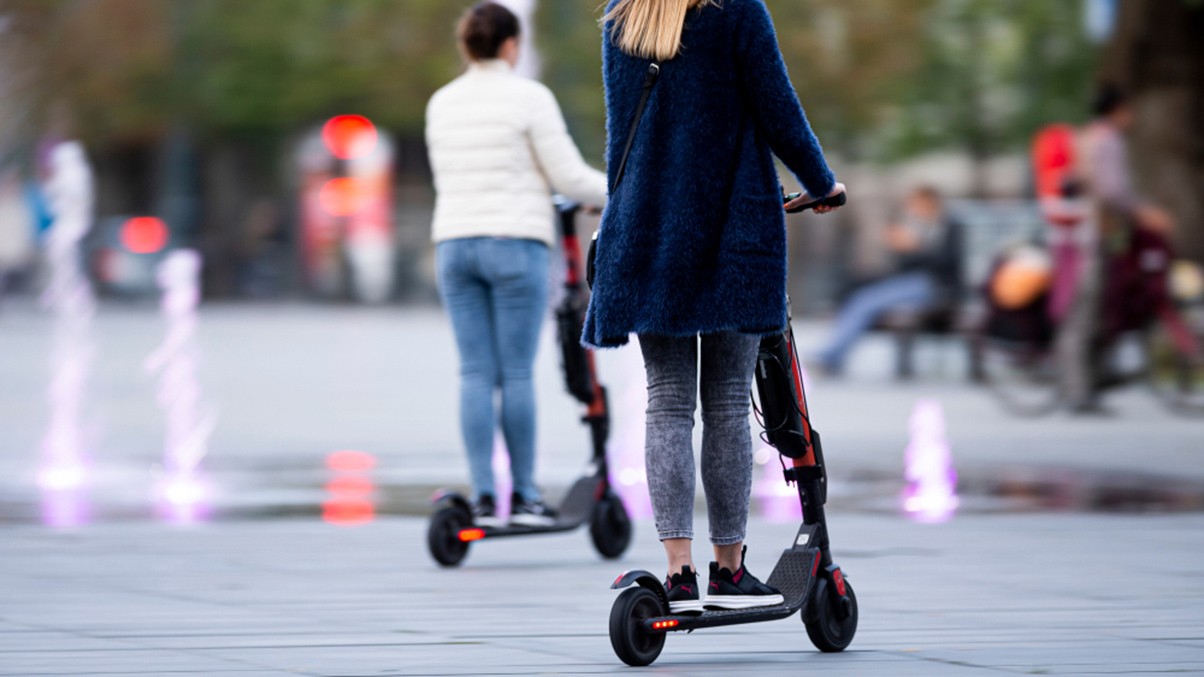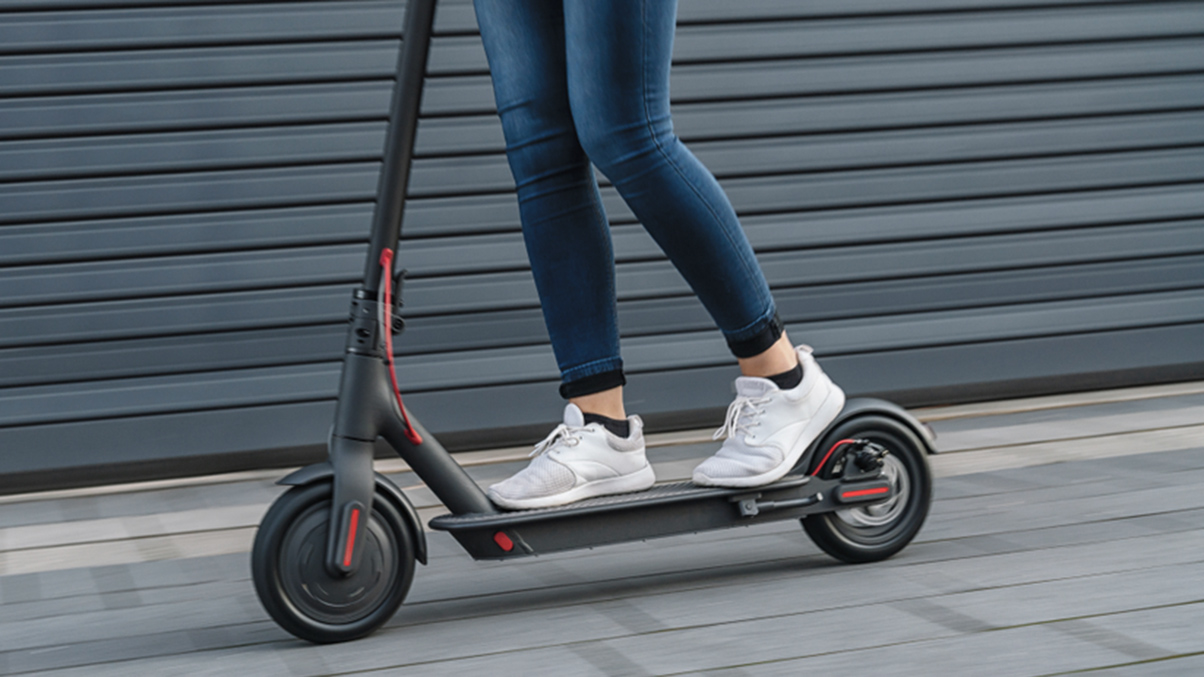Stewarts responds to the government’s proposals to ban drivers from using hand-held mobile devices for any purpose while driving. Shannon Maude reports on the response.
The government launched a consultation in October 2020 on changing the law regarding using a mobile phone while driving. The law has not been updated since it was introduced in 2003.
Eighteen years on, the functionality of a mobile phone now goes far beyond communicating with another person or accessing the internet. Additional functions such as taking a photo or browsing a music playlist are now commonplace. They are as distracting and potentially dangerous when used by drivers as interactive communication. However, until now, drivers have been able to escape the full force of the law because of a legal loophole. This loophole means that a driver could argue that such actions do not involve an “interactive communication” as is required by the current legislation and are not caught by the current mobile phone offence.
Edmund King OBE, president of the AA, is supportive of the change to the law and says:
“There’s no excuse for picking up a mobile phone when driving, so we’re pleased this loophole will be closed. Phones do so much more than calls and texts, so it’s only right that the law is changed to keep pace with technology. Tweets, TikTok and Instagram snaps can all wait until you park up.”
The consultation
The consultation follows a recent study into the nature and extent of mobile phone use by drivers commissioned by the Department for Transport. Footage of 51 UK drivers was observed, and 662 mobile phone interactions were recorded across 765 trips. Only 38 of those interactions were completely hands-free. It was noted that at 30mph a car travels 100 feet in 2.3 seconds, meaning even a split-second lapse in concentration while changing a song on a playlist or checking an app could result in a crash. More needs to be done to ensure drivers focus on the road rather than their phones.
The revised offence
The government proposes changing the law to ensure that when a driver holds a mobile phone or a similar interactive communications device (such as a tablet) while driving and uses it for any purpose, that driver will be committing an offence. The offence will incur a £200 fine and six points on the driver’s licence.
We welcome the acknowledgement that change is required to close this technical gap in the law. This change will improve all road users’ safety, including vulnerable road users such as cyclists and pedestrians. Also, enforcement of the updated offence should be easier for both the police and prosecutors.
However, the government should also take this opportunity to change the terminology used around hand-held electronic devices. The phrase “mobile phone” within the current legislation is too limited. The extension to “other hand-held interactive communication devices” may not send a clear enough message to change driver habits. The terminology may also give rise to adverse effects if the new law is not understood. In our response to the consultation, we proposed that the language used in the revised offence is simplified to a broader category of devices, such as using any “hand-held electronic device”.
Proposed new exemption
The government has also proposed that drivers will be exempt from the hand-held mobile phone offence if they make a contactless payment while the vehicle is stationary for goods or services supplied or provided immediately. This exemption would allow a driver to make a contactless payment for food at a drive-through restaurant, for example.
While we agree this exemption is sensible, we suggested in our response that the government consider widening this exemption to encapsulate the use of a hand-held electronic device to present pre-paid tickets or confirmation emails as proof of prior payment on entry or exit at events and attractions, or when collecting goods. In light of the shift to paperless tickets for environmental reasons, and more recently to limit the spread of Covid-19, the need to present a QR code to be scanned is becoming increasingly prevalent.
Do the proposals go far enough?
The proposals for the revised mobile phone offence go some way to bringing the law in line with modern technology and making our roads safer, particularly given that ministers have rejected calls to outlaw the use of hands-free phones while driving. There is still more that could be done to achieve this objective.
As well as bringing within the offence any device that is capable of interactive communication, even where that capability is not enabled in the vehicle and Bluetooth is turned off, the government should also consider the use of smartwatches and electronic devices positioned in a cradle while driving.
There is little difference between using a hand-held electronic device and using or checking a smartwatch or a device in a cradle. Each scenario momentarily distracts the driver and gives rise to a potentially dangerous situation. Unless the use is completely hands-free or falls under one of the limited exemptions, we suggest that it is caught by any revised offence.
Concluding thoughts
Technology will likely remain one-step ahead of any revision to the law. Roads minister Baroness Vere noted in the foreword to the consultation paper that nomophobia is the fear of being without your mobile phone and various surveys have suggested that around 40% of the population are addicted to their mobile phone. While the recent proposals represent a long overdue update to current legislation to improve road safety, there is much to do in relation to shifting driver behaviour away from using mobile devices in their vehicles towards one focused on safe driving.
You can find further information regarding our expertise, experience and team on our Personal Injury pages.
If you require assistance from our team, please contact us or alternatively request a call back from one of our lawyers by submitting this form.
Subscribe – In order to receive our news straight to your inbox, subscribe here. Our newsletters are sent no more than once a month.





